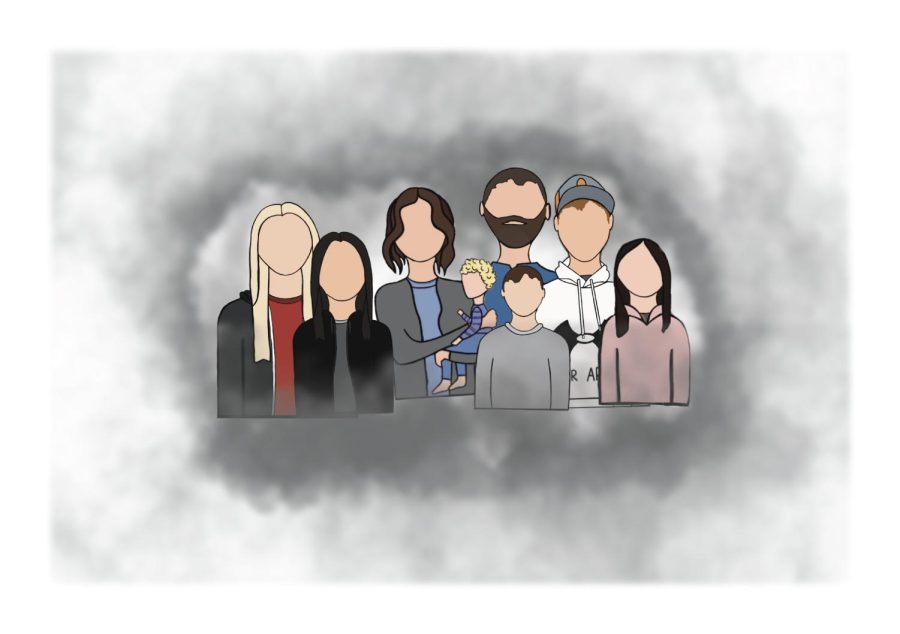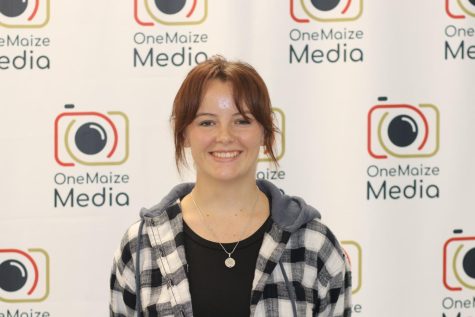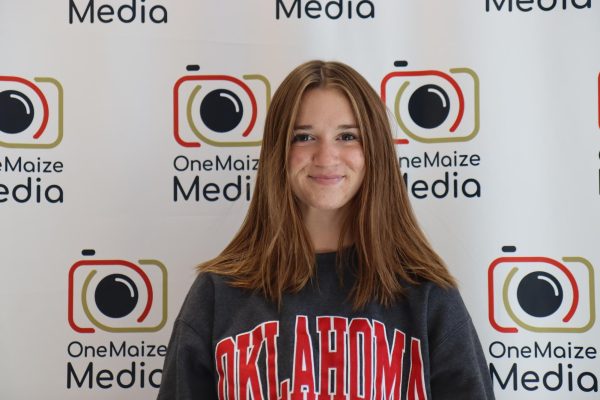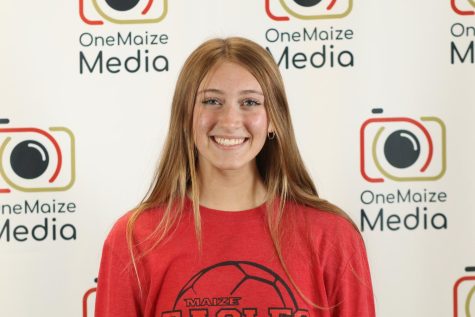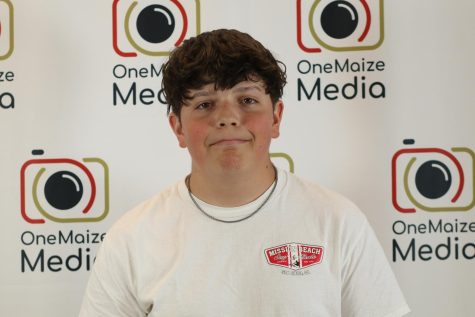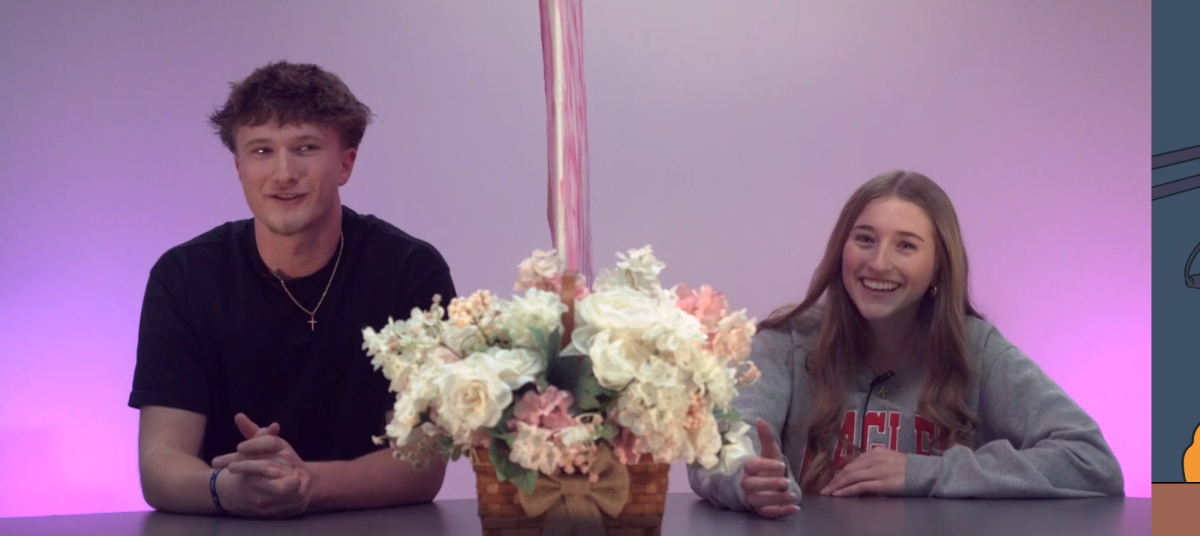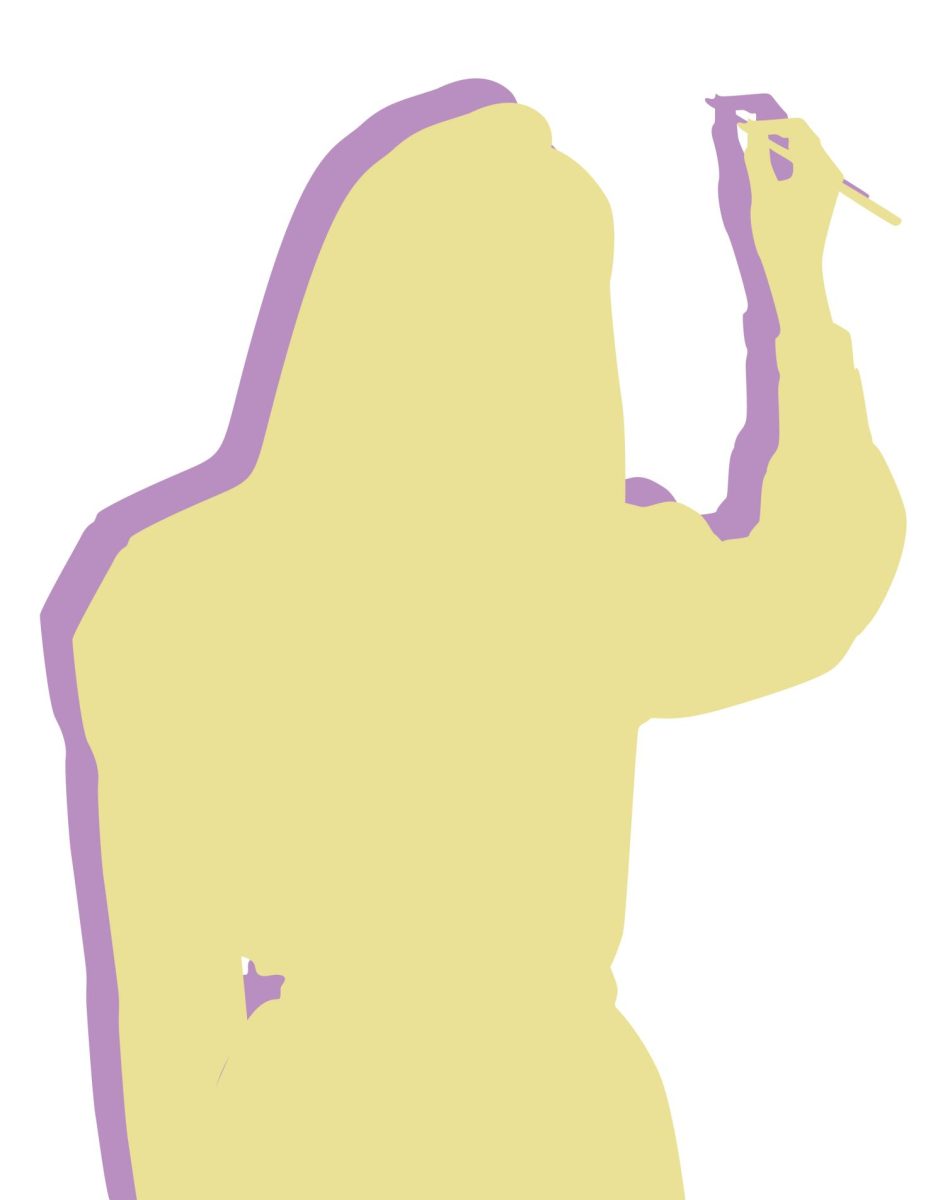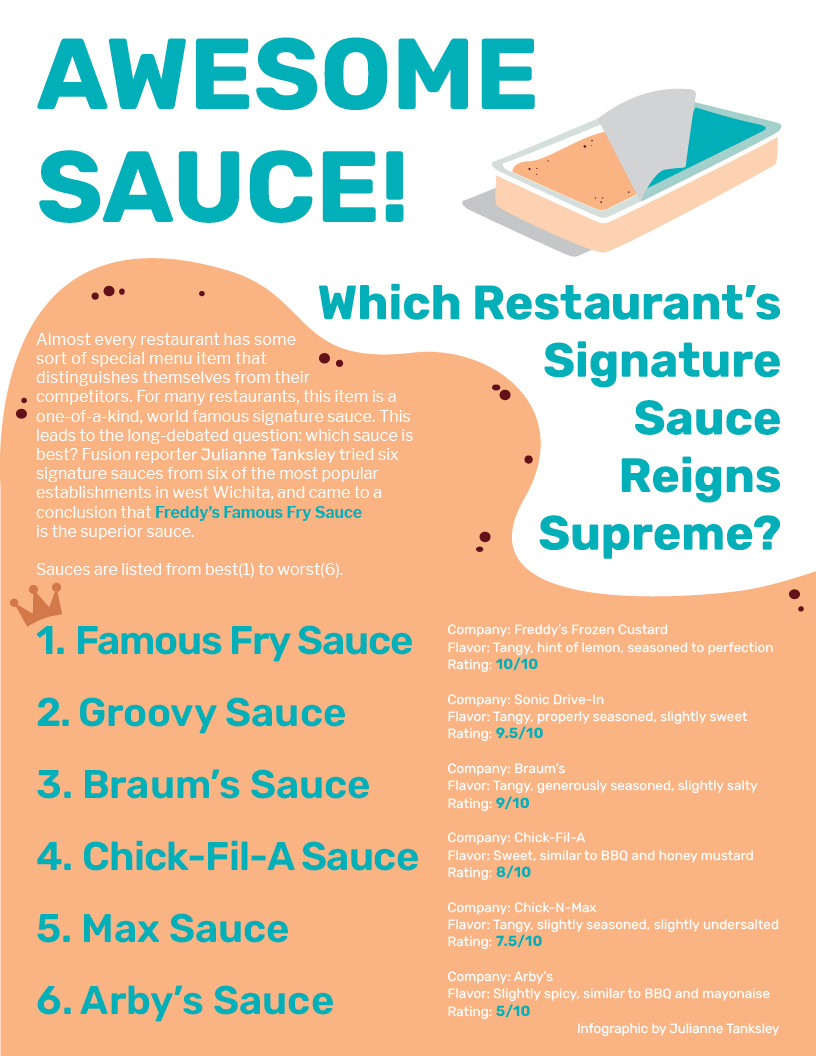When the world fades away
A legally blind mother navigates life while raising seven children
A family of nine navigates the challenge of having a legally blind parent.
November 8, 2022
When the sun fades from the sky, the day entrusts the safety of the night to the stars. But what if you could not see the stars’ light?
Navigating the night without the guiding light from the sky, Allison Barber knows too well the dangers of the darkness.
As a mother of seven, Barber has lived the majority of her adult life legally blind. Through the years, Barber has learned to work with her disability, instead of fighting against it. The mother has had to adjust the way she lives life as the world fades around her.
“During the day, I see a lot more than at night,” Barber said. “Natural light is . . . I call it mana to my eyes. I see a lot more during the day. So everyone has 100 plus percent of vision while I only have about five degrees of that. So my peripheral vision is completely gone, but when I’m looking at somebody I don’t see you clearly, kinda like you’re in a dark shadow, but I can see the light behind you cause my eyes are picking up on the light but I don’t see anything else around you. So when I tell people, I tell them I am about 90 percent blind.”
Eldest of the seven children, Maize High junior Weston Barber, retains few memories of life before his mother’s disease took control. Weston attempts to recall how his life has evolved while witnessing his mother’s decline in vision.
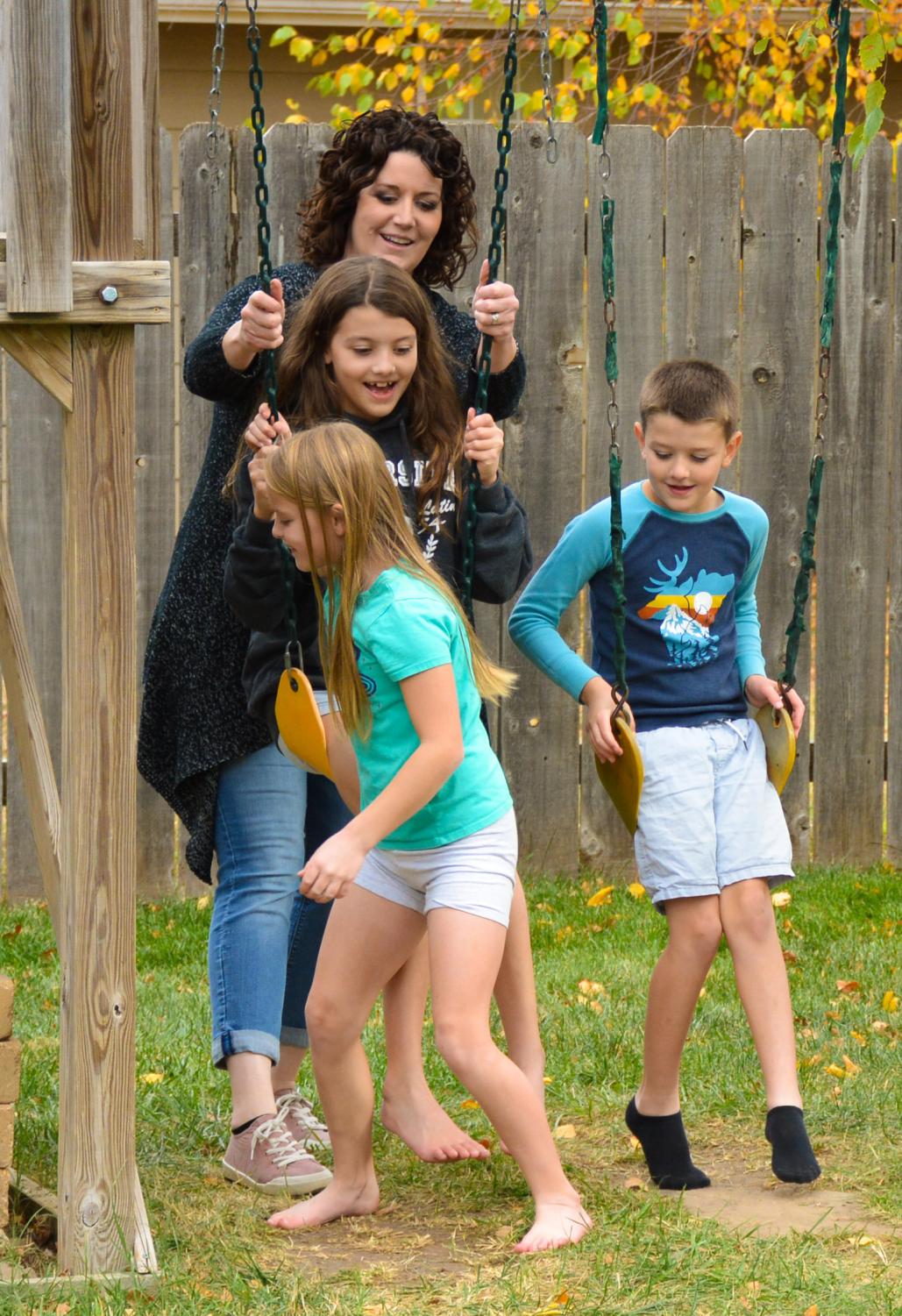
“I don’t remember exactly the change, cause it’s very slow, it’s very slow,” Weston said. “Her eyes, you can’t tell when they’re getting worse. It’s not a sudden thing. She figured out she had the disease when she was in college, and then didn’t tell her parents for, like, five years because she was scared to tell them.”
The second oldest, Maize High freshman, Allie Barber, often takes on the role of mother to her five younger siblings. With the help of her older brother, the two teens attempt to run the home as though they are the parents.
“I feel like we do it so much that they get annoyed by it, and we do it too much that we kind of become the parent, but then our parents don’t want us to become the parents,” Allie said. “So we just take too much control sometimes.”
Raising seven children, ranging from infant to high schooler takes an immense amount of effort in day-to-day life. Still, Allison admits, even with her limited abilities, she would never let her disease stop her from growing her family.
“I wanted to have as many children as the Lord would send, but I didn’t necessarily want to have kids after my 40’s,” Allison said. “[To stop having kids] never crossed my mind. Every time I do get pregnant, the more hormonal imbalance does affect my eyes and it has quite drastically, but that would never be a decision-maker for me.”
Allison has had to rely more and more on her children after losing most of her eyesight. Driving everyone to and from school is one of the many tasks Weston has had to take on.
“If our youngest didn’t know better she would think that Allie was her mom, ’cause when it really comes down to it she just takes care of her,” Allison said. “I have to lean upon them because I can’t see everything and so getting the basics of the day-to-day is overwhelming, so I have to lean upon them more than I would have had if I had my full vision. I’m kinda someone who likes to be more in control of things around me and I can’t do that now. It forced me to rely on my children, and it has forced them to learn things that they wouldn’t have learned otherwise.”


